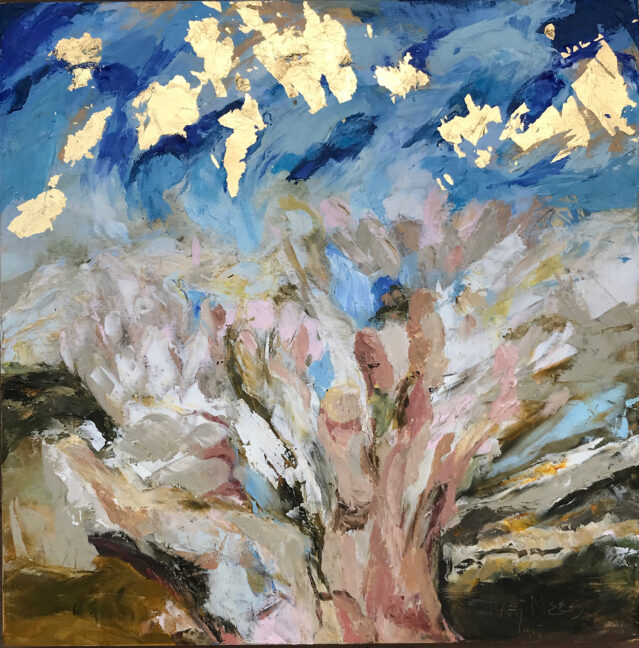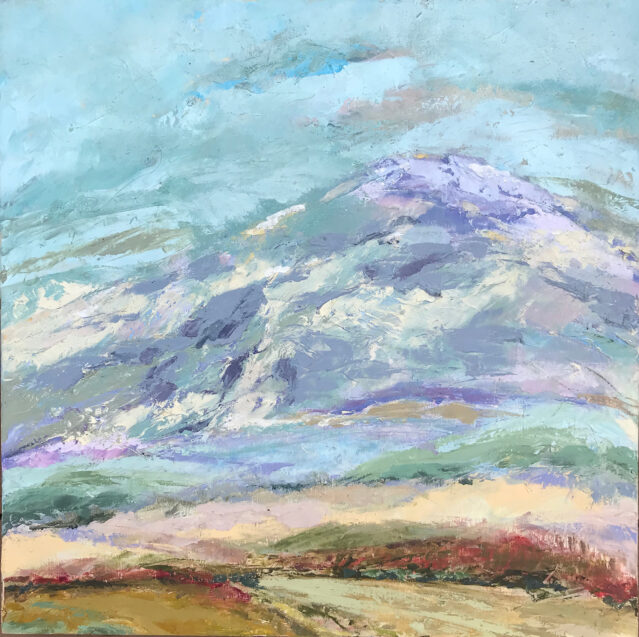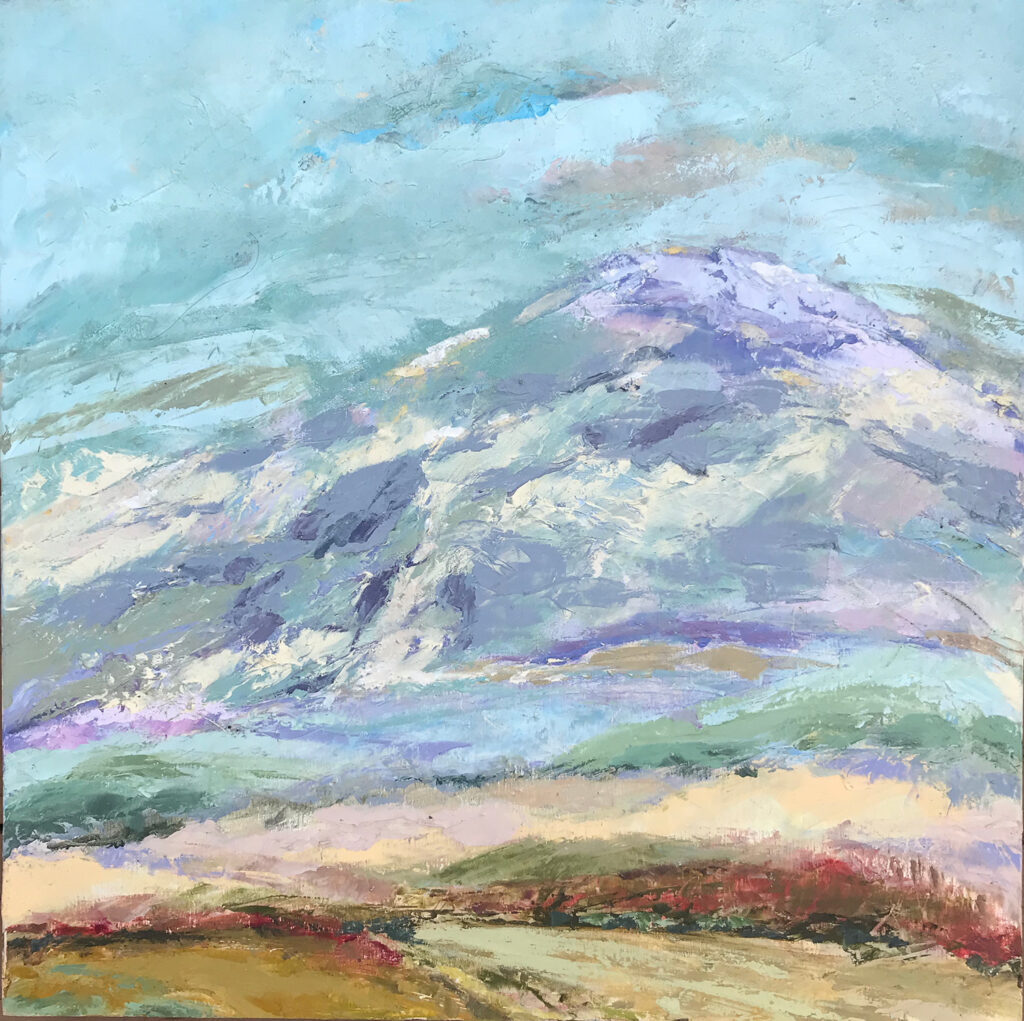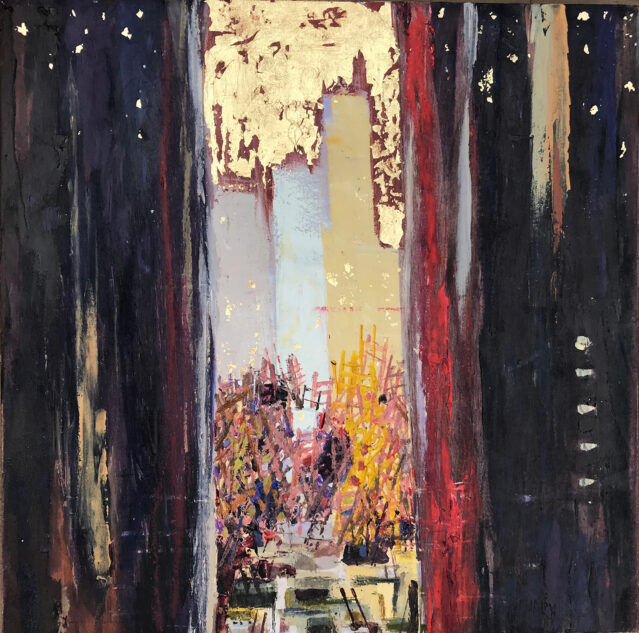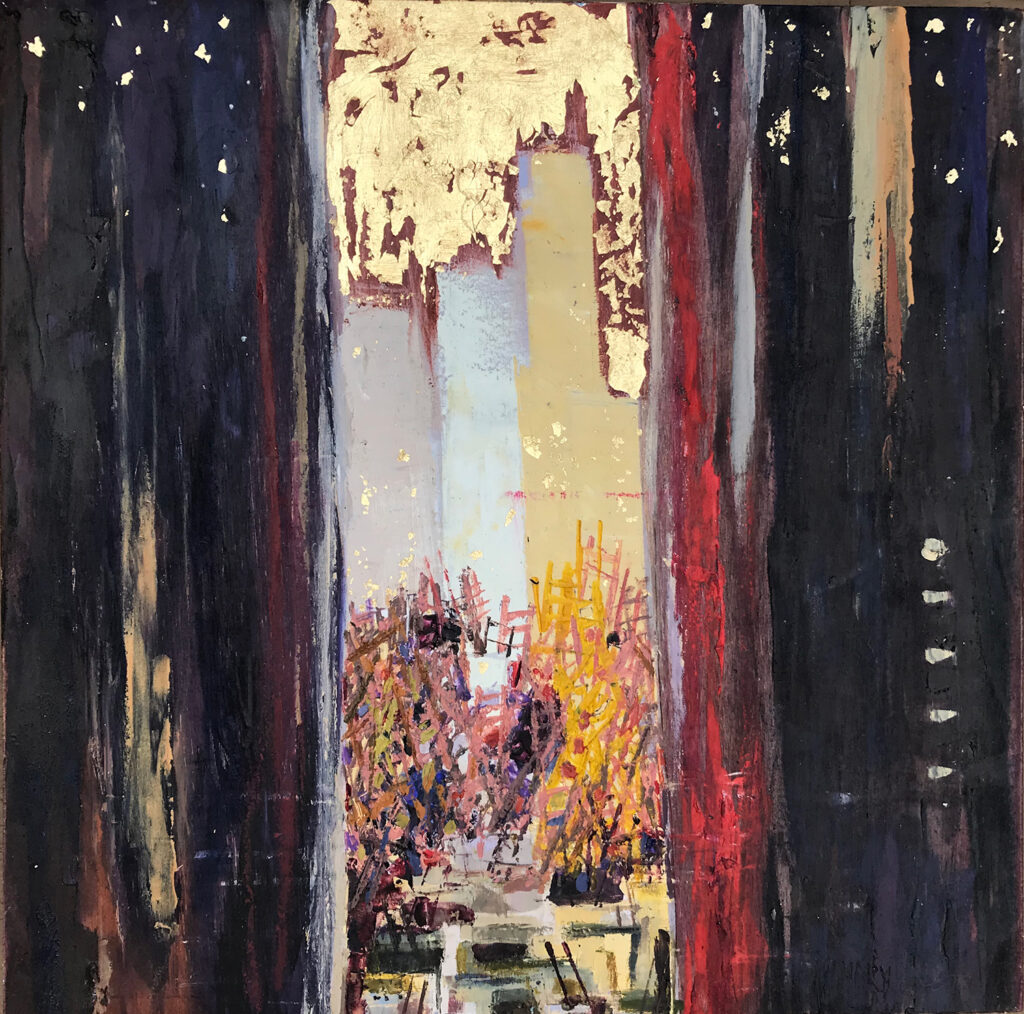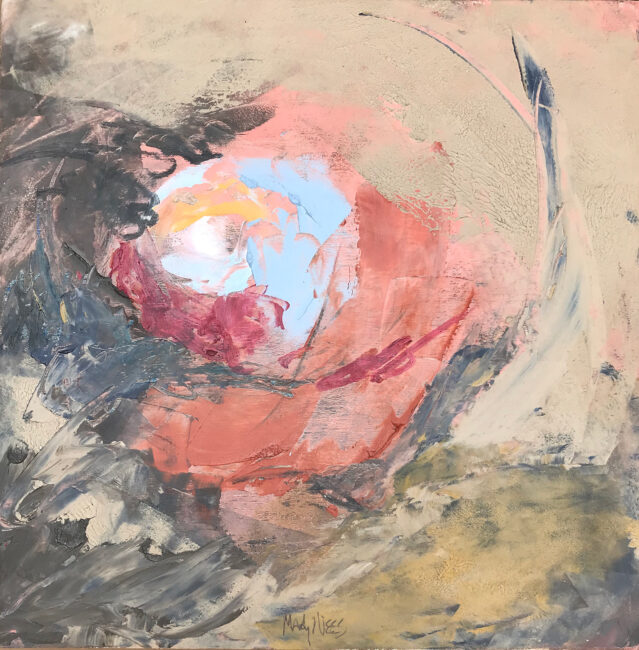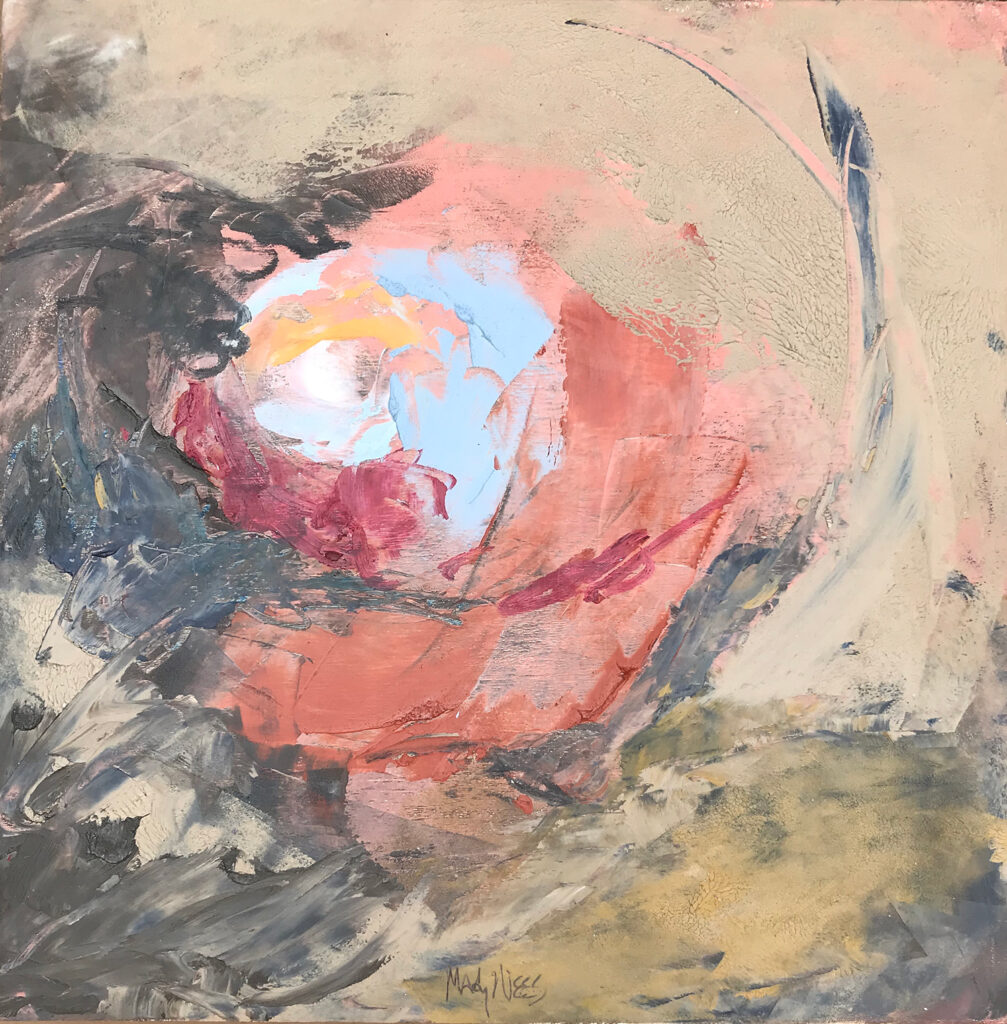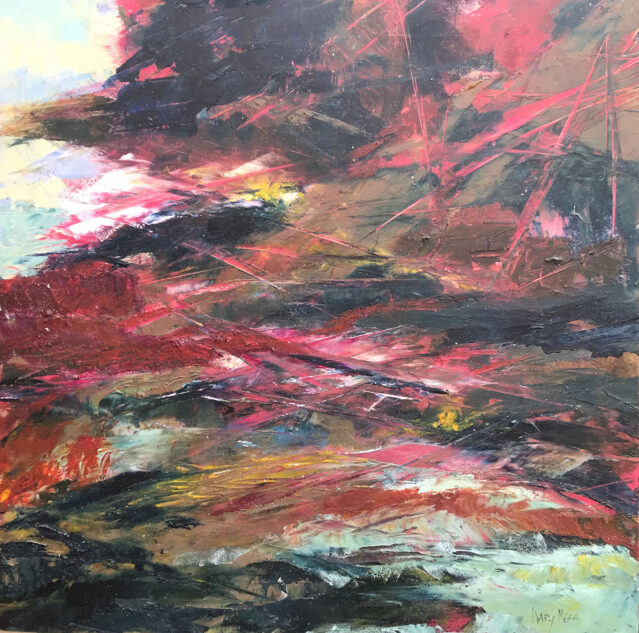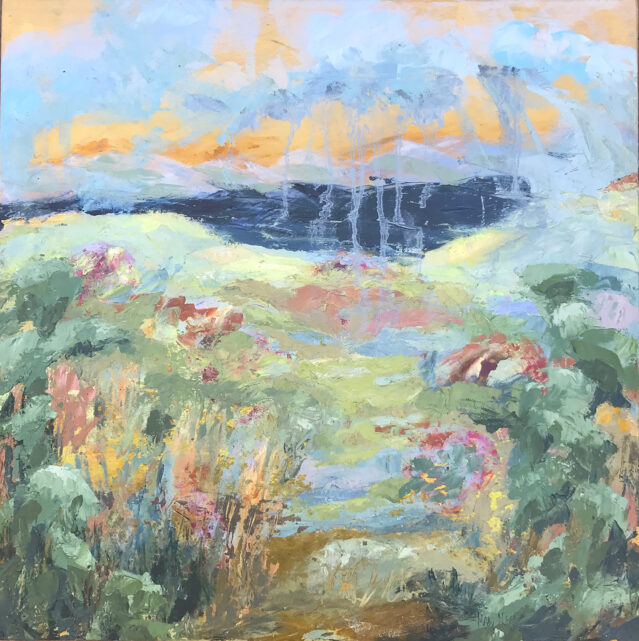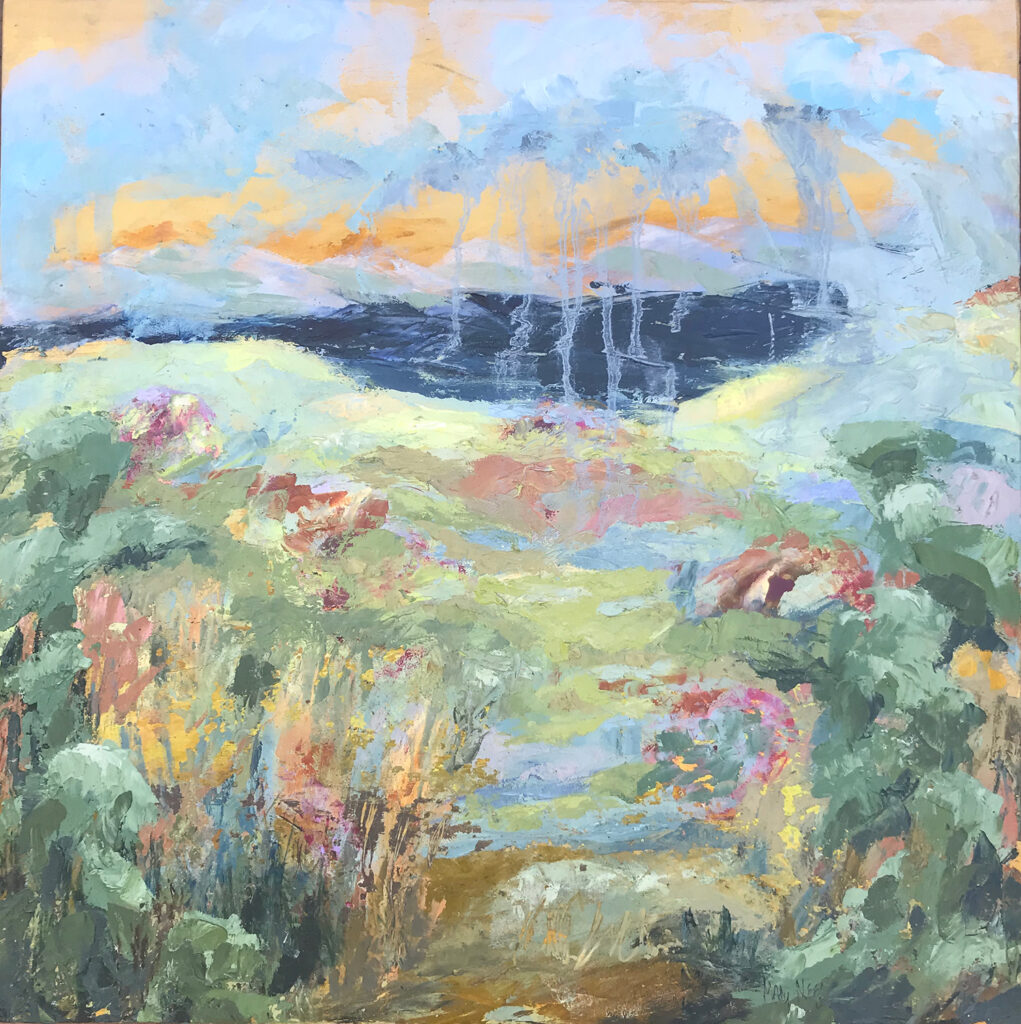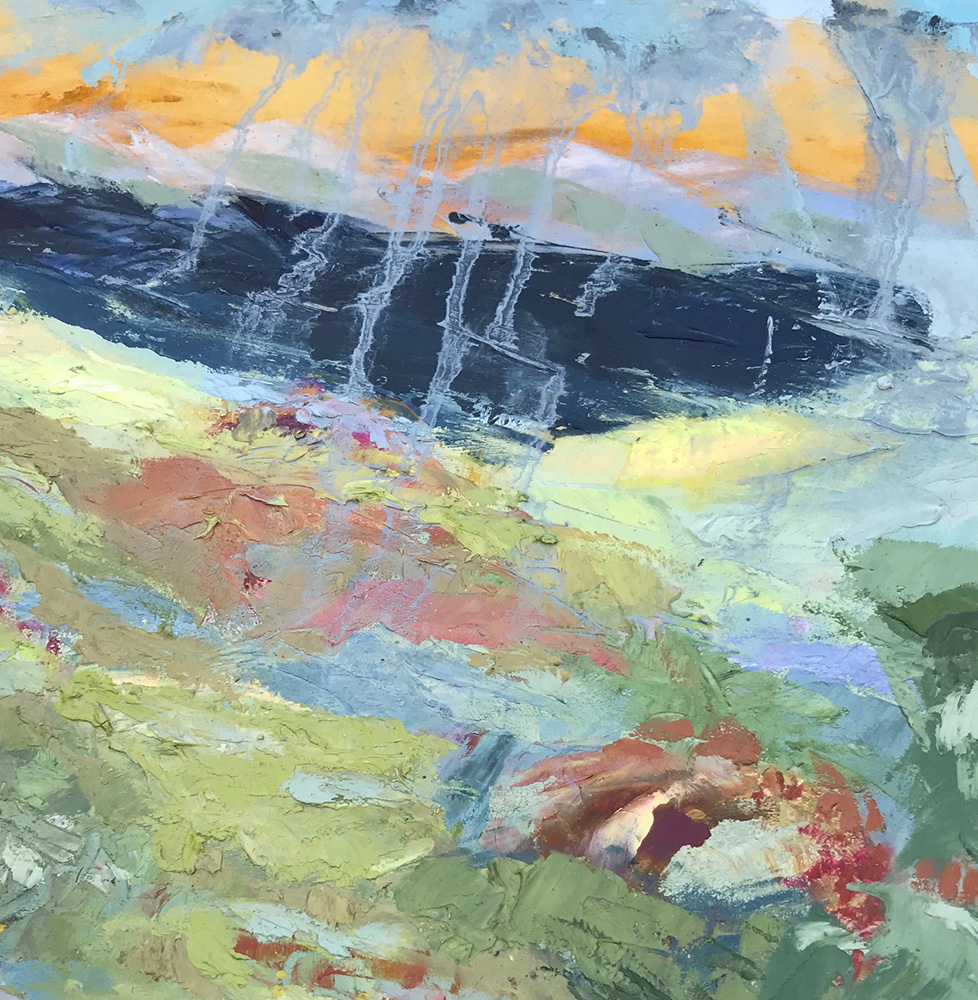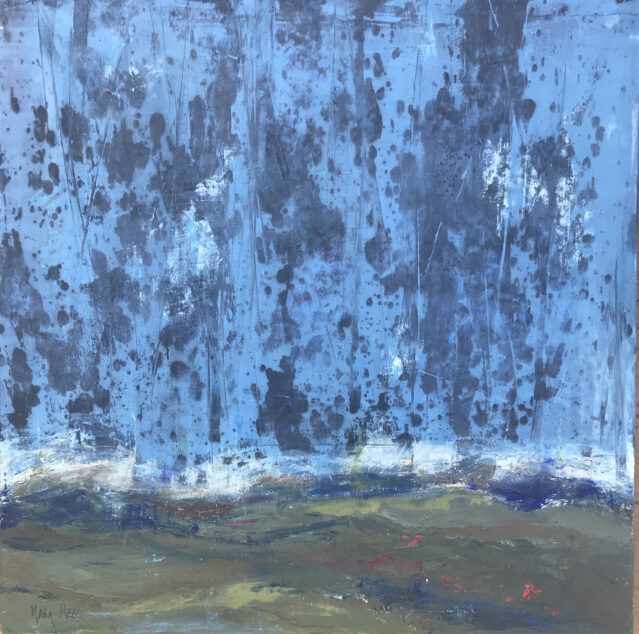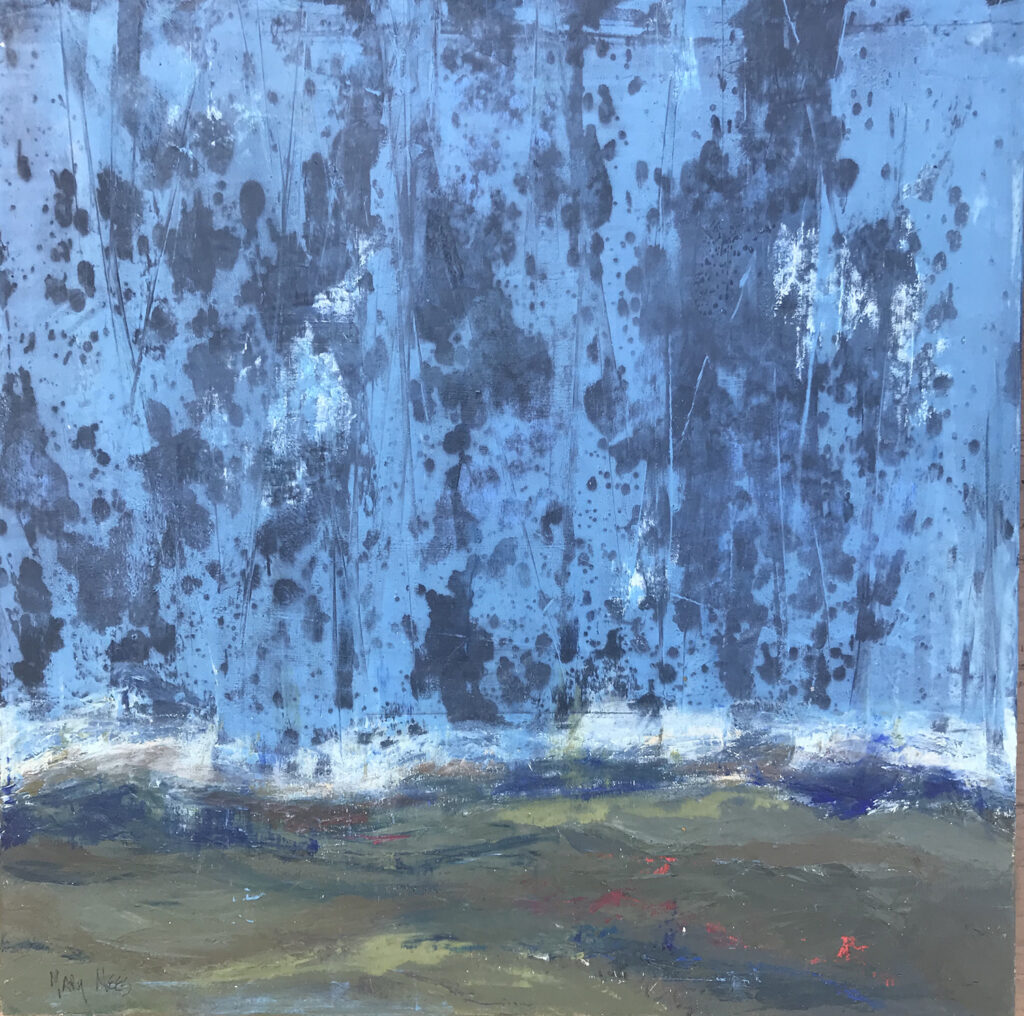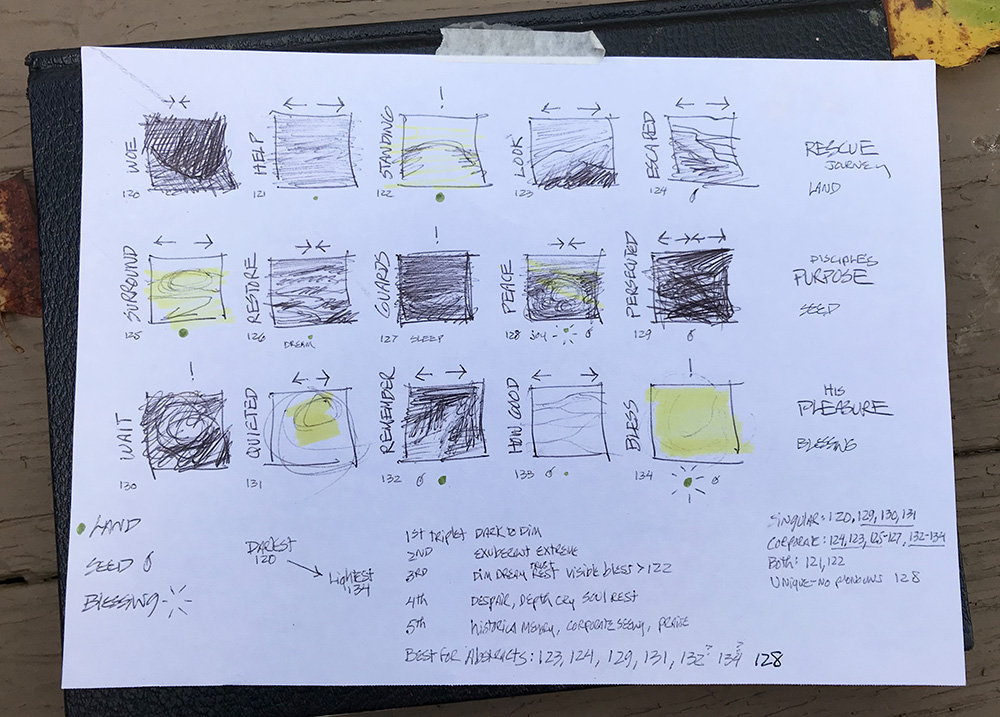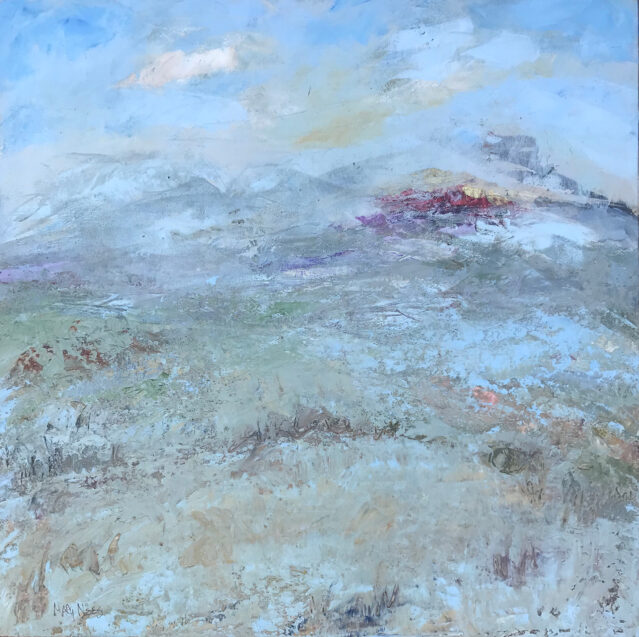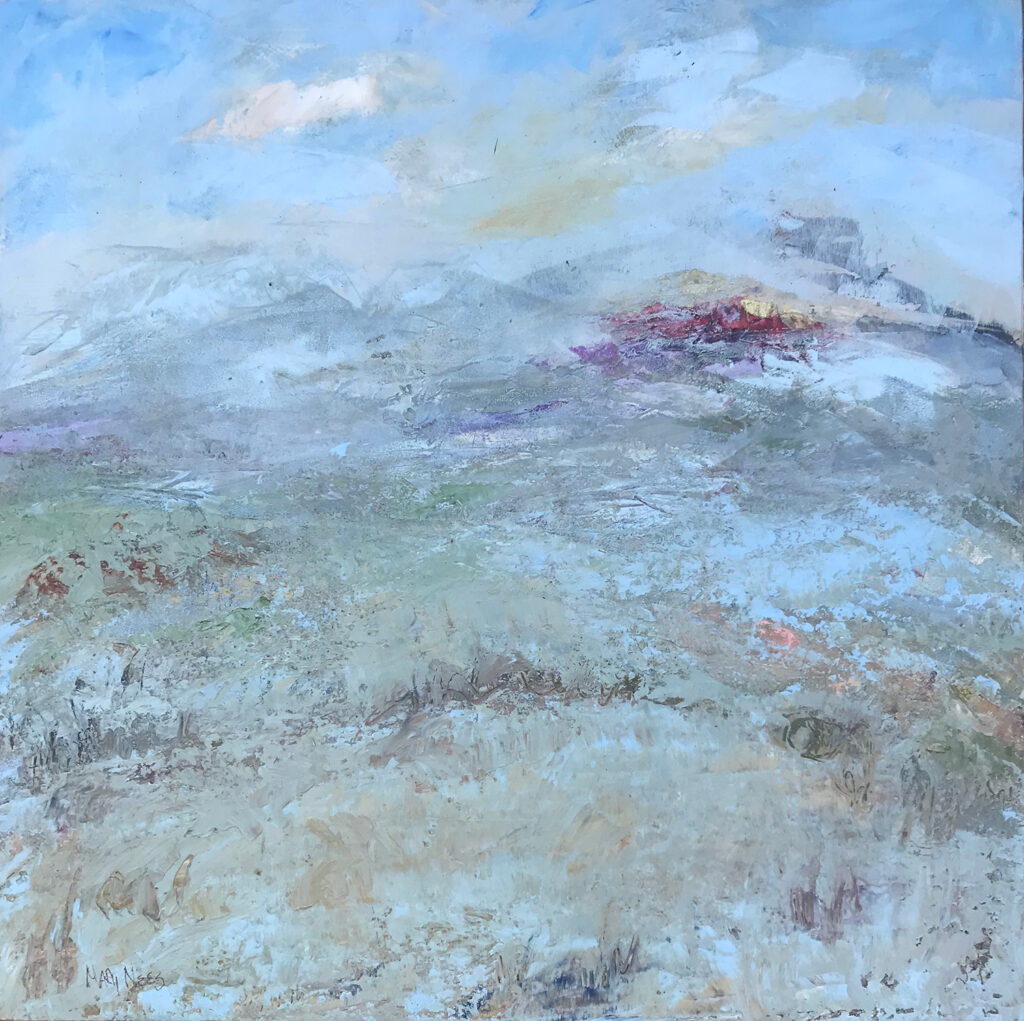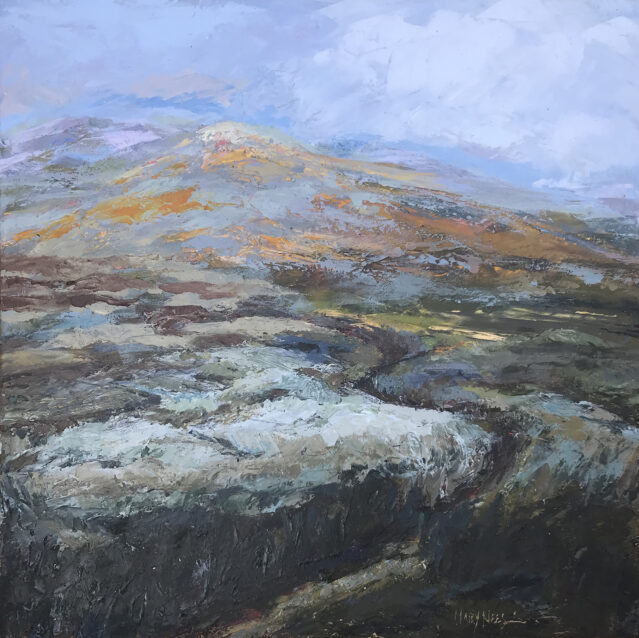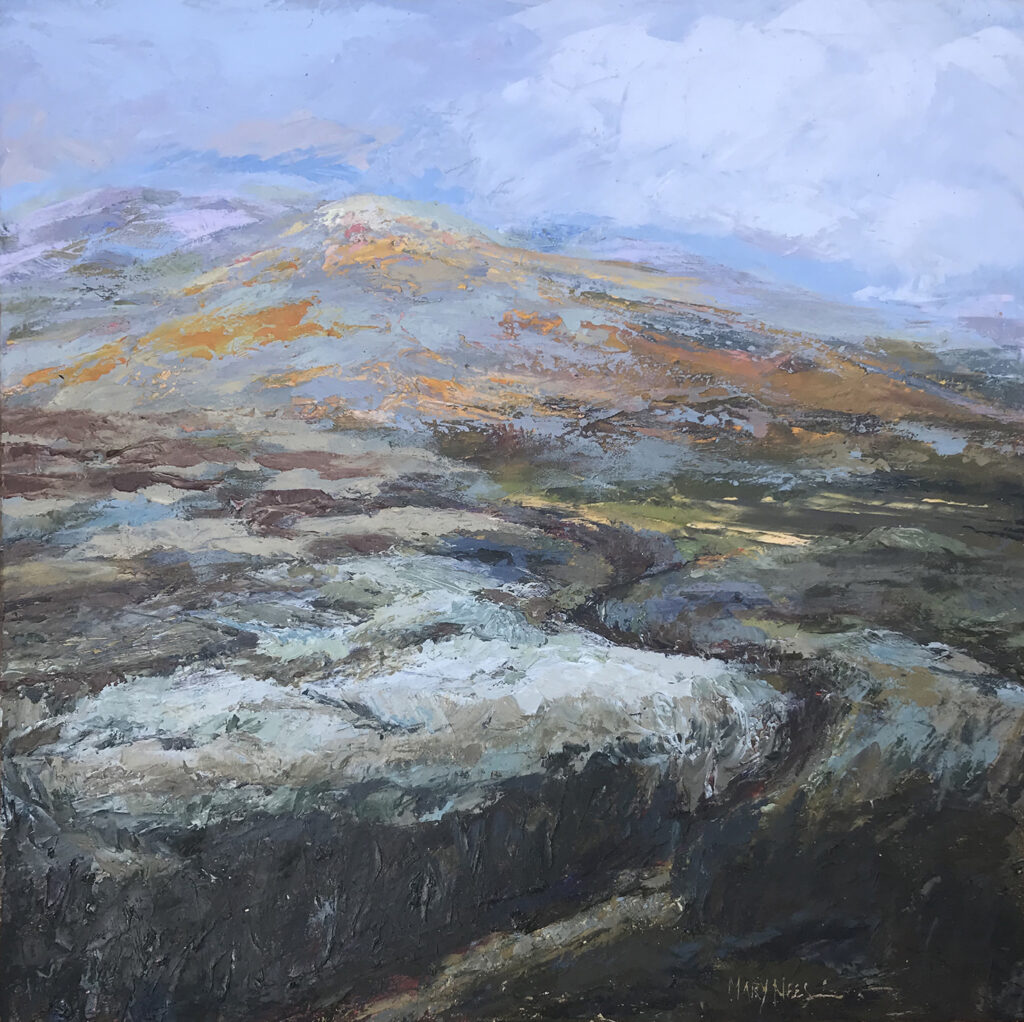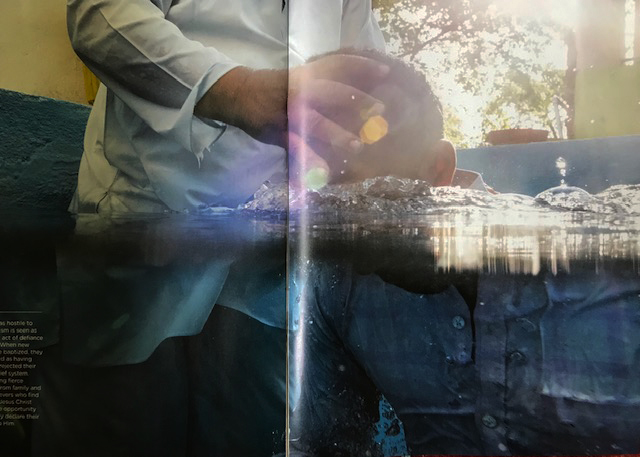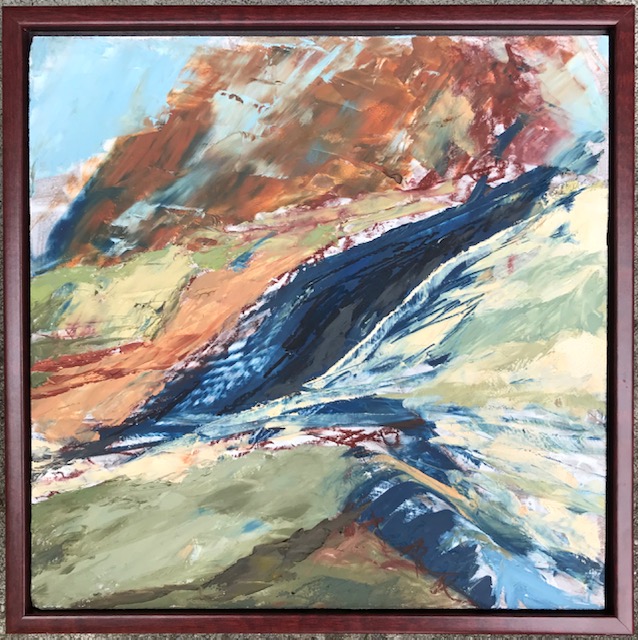Since July of this CoVid year, I have been posting a reflection on each of the 15 psalms in a sub-collection out of the ancient Psalm book called the “Psalms of Ascent”. These Psalms: 120-134, have fascinated me for a long time as a pattern for spiritual progress. Like Jacob’s ladder, these ascend meaningfully. Like the Hebrew walk up to Jerusalem these get more complex in time and in history referencing that land. And like King Hezekiah’s answered prayer these are an emblem of 15 movements on steps arranged by the only One who controls time and who responds so mysteriously through our requests to Him.
We live in linear time. We start somewhere, we end somewhere; but time moves for us in only one direction. We also live under the limitations of life in all its complexities. Gravity, hardened ground, hardened hearts, decay, illnesses of many kinds, warring nations, suspicions and patterns of mistrust put us all on watch. It does not matter on which continent you live, what language you speak, or what century your life has passaged through, this has been true for you: life is hard, and time only goes forward. None of us can move back in time to our earlier days, we can only step some way ahead into days we’re not sure of. My best advice? Don’t go it alone. Go with the One who is over time and nations, and who has echoed through His whole book about a plan and a purpose for those who are hungry to know.
Abraham was shown the stars, given words about offspring (he didn’t have) a settled land (he couldn’t see) and a blessing beyond his ability to measure. Abraham simply believed the intervening voice of a God he was choosing to follow. What is evidenced in this last Psalm in the Ascent collection is a prophetic view of that coming blessing. It’s a short burst of praise; and like the last two responses in this final triplet it’s a corporate response. Many now are believing, beholding, praising and responding. But we ain’t seen nothin’ yet.
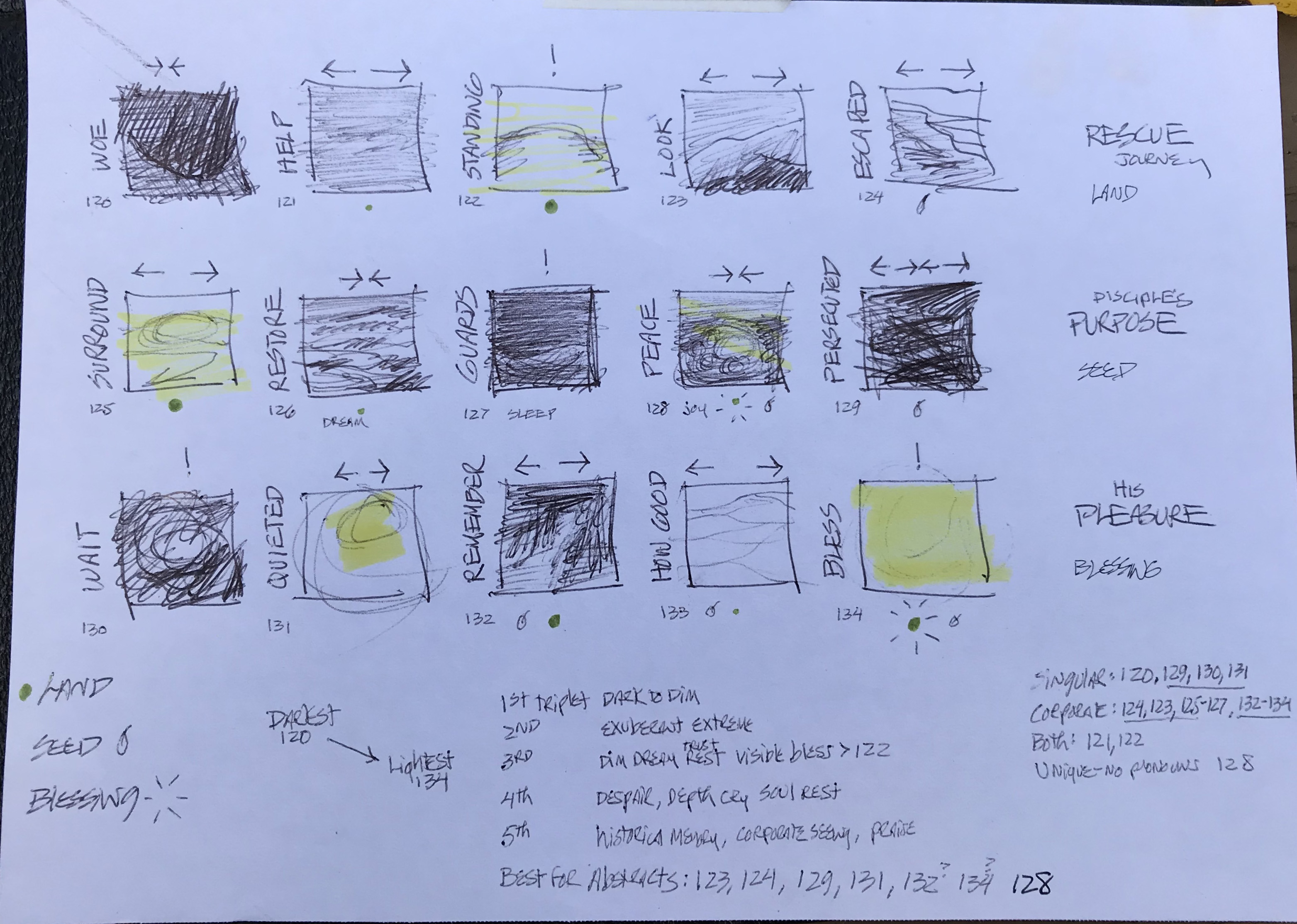
I started this series after a lot of study, then some sketching of the patterns I thought I could see. I’ve mentioned often in earlier posts about the triplet pattern evident: every three Psalms in this set of 15 shows a rhythm that gets repeated through the whole. But there is also a pattern of fives that reflect the 3 promises earlier given to Abraham about the land he was walking toward, the seed which would come from him and the blessing God was not only promising but would guarantee (Gen.12, ratified in ch.15).
The Psalm writers were all descendants of Abraham. The prophets were also; and what they saw ahead was mysteriously sure and echoed often in both their own times but also pointing toward a final fuller FINISH. We’re almost there. I can hear the cheering in the stadium. I have motivation and great confidence, like Abraham did, because of the One who spoke these promises. I can trust (not what I see now but rather) these words because God not only spoke His promises again and again, but He also guaranteed that He would get it done some day in fullest human history.
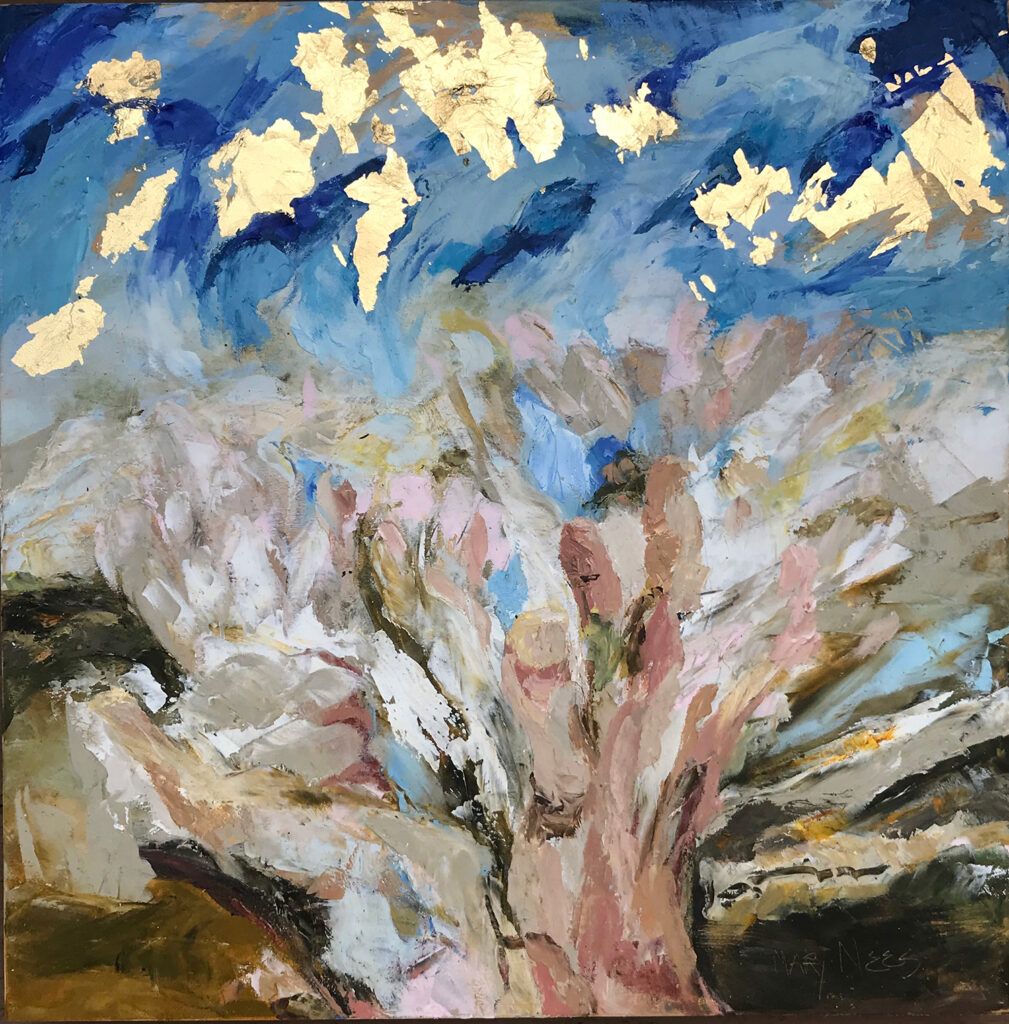
A song of ascents.
134 Attention! Praise the Lord,
all you servants of the Lord,
who serve in the Lord’s temple during the night.
2 Lift your hands toward the sanctuary
and praise the Lord.
3 May the Lord, the Creator of heaven and earth,
bless you from Zion.
